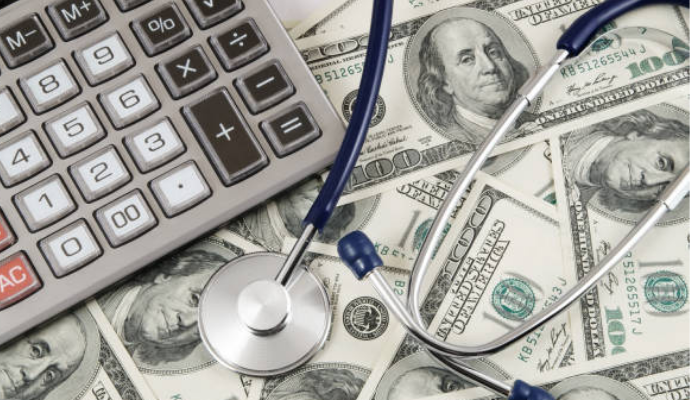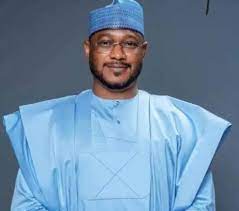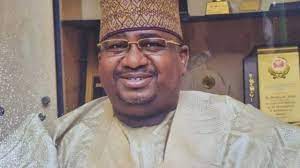To ensure that all Nigerians have access to affordable health care and to reduce the financial burden on those who need it, the World Health Organization (WHO) has called for increased taxation.
As many low-income cadre members continue to pay for health care out of pocket, further impoverishing themselves, the global health agency noted that 60% of the Nigerian population accounts for the country’s overall health cost.
According to Dr. Francis Ukwuije, WHO Technical Officer for Health Financing and Public-Private Partnerships Universal Health Coverage, people put a significant portion of their income into paying for unanticipated medical expenses.
During a seminar hosted by the Association of Nigerian Health Journalists, Ukwuije voiced his concerns in an effort to foster dialogue and find answers to problems within the field.
Universal Health Coverage (UHC) must be achieved efficiently and equitably, he emphasized, and this can only be achieved by generating adequate and sustainable funding.
According to Dr. Ukwuije, the health insurance program allows the well-off to pay for the medical treatment of the impoverished.
“The provision of essential promotive, preventive, curative, and rehabilitative health services to all people at an affordable cost, free from the risk of financial hardship associated with the cost of care,” he stated, referring to Goal 3 and Target 3.8 of the SDGs.
The field of health financing focuses on how governments might gather, distribute, and use funds to advance goals like universal health coverage (UHC).
Not only does the total amount spent on healthcare matter, but so does the source of that funding and the structure of that spending.



